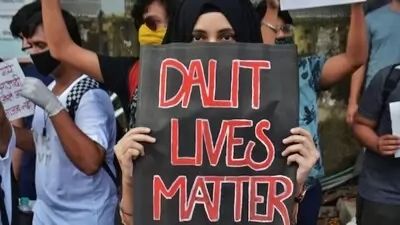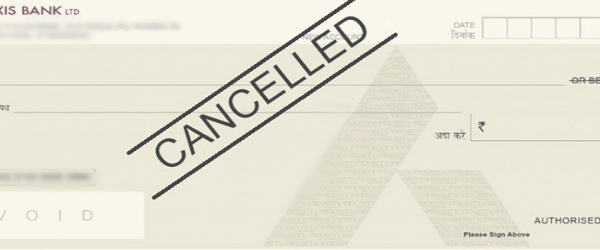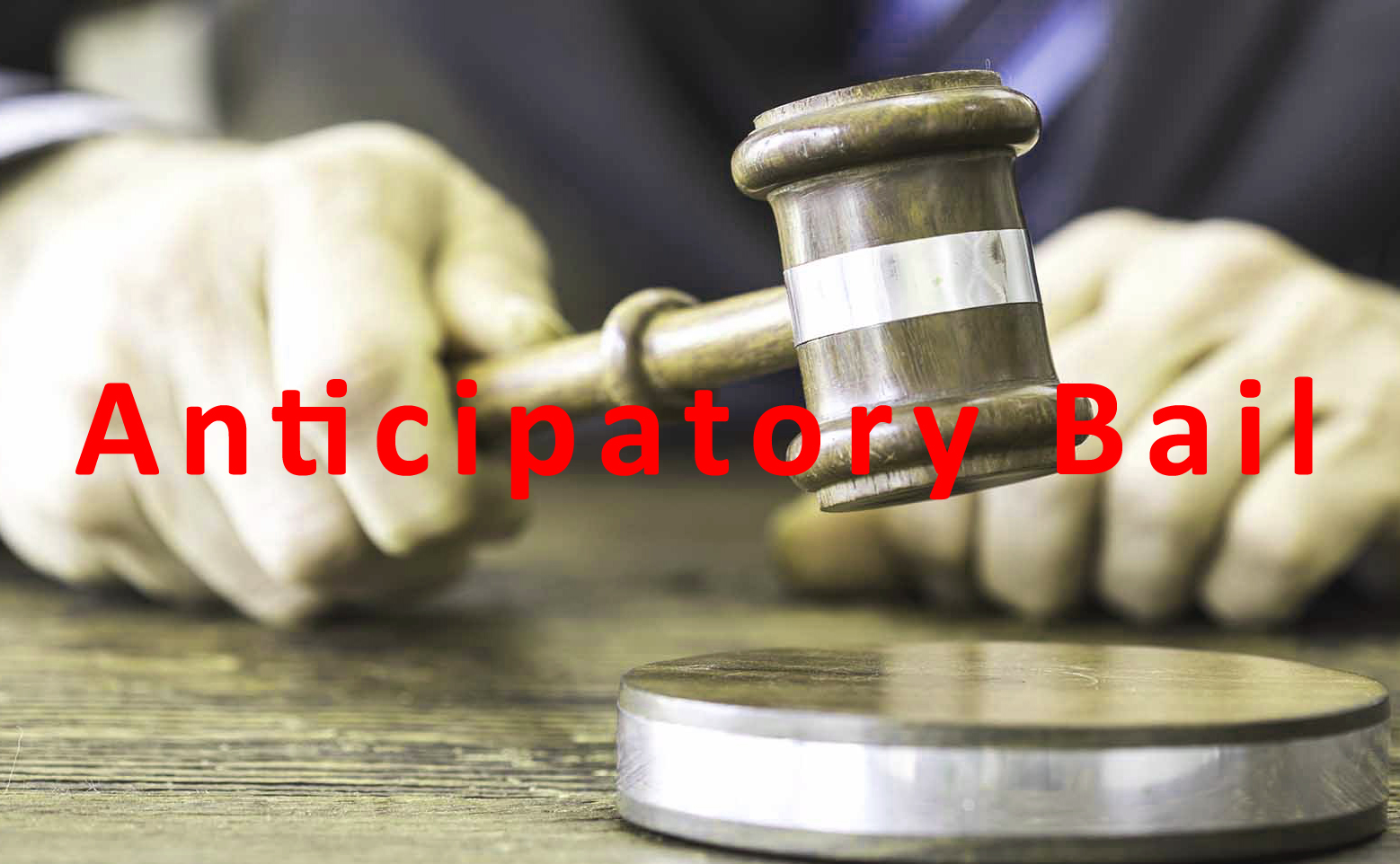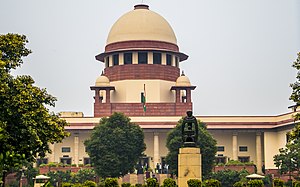
Challenges for Dalit students in IITs
Advocate Dr Ajay Pandey
4CSupreme Law International
Dalit students, also known as Scheduled Castes or SCs, face several challenges in Indian Institutes of Technology (IITs). Despite affirmative action policies such as reservations that are designed to promote access to higher education for marginalized communities, Dalit students in IITs often face discrimination, exclusion, and harassment.
One of the major challenges faced by Dalit students is the caste-based discrimination prevalent in IIT campuses. They are often subjected to social ostracism and are made to feel like outsiders. They are often excluded from extracurricular activities and are not given equal opportunities to participate in academic and research activities.
Moreover, Dalit students often have to deal with the stereotype that they are not capable of performing well in the IITs, which makes it difficult for them to gain the support of their peers and teachers. They are often subjected to negative stereotypes and are made to feel like they are not welcome in the IITs.
In addition to these challenges, Dalit students also face economic barriers to accessing education in the IITs. Many of them come from poor families and find it difficult to pay for the high fees and living expenses associated with studying in the IITs. They also face discrimination in accessing scholarships and other financial aid programs.
To address these issues, there have been calls for greater sensitivity and awareness among the IIT administration, faculty, and students towards the challenges faced by Dalit students. Efforts are being made to improve the representation of Dalit students in IITs by increasing the number of reserved seats for them. Additionally, counseling and support services are being provided to help Dalit students cope with the challenges they face in the IITs.
Overall, the plight of Dalit students in IITs highlights the need for greater awareness and sensitivity towards marginalized communities in higher education institutions in India.
Dr. Ajay Kummar Pandey
( LLM, MBA, (UK), PhD, AIMA, AFAI, PHD Chamber, ICTC, PCI, FCC, DFC, PPL, MNP, BNI, ICJ (UK), WP, (UK), MLE, Harvard Square, London, CT, Blair Singer Institute, (USA), Dip. in International Crime, Leiden University, the Netherlands )
Advocate & Consultant, Supreme Court of India & High Courts
4C Supreme Law International, Delhi, NCR. Mumbai & Dubai
Tel: M- 91- 9818320572. Email: editor.kumar@gmail.com
Website: www.ajaykr.com, www.4Csupremelawint.com
Facebook: /4Clawfirm, /legalajay/ Linkedin: /ajaykumarpandey1/ Twitter: /editorkumar / YouTube: c/4cSupremeLaw/ Insta: /editor.kumarg
Your free access to Supreme Law News has expired
For further details contact:
Dr. Ajay Kummar Pandey
( LLM, MBA, (UK), PhD, AIMA, AFAI, PHD Chamber, ICTC, PCI, FCC, DFC, PPL, MNP, BNI, ICJ (UK), WP, (UK), MLE, Harvard Square, London, CT, Blair Singer Institute, (USA), Dip. in International Crime, Leiden University, the Netherlands )
Advocate & Consultant Supreme Court of India, High Courts & Tribunals.
Delhi, Mumbai & Dubai
Tel: M- 91- 9818320572. Email: editor.kumar@gmail.com
Website:
www.supremelawnews.com
www.ajaykr.com, www.4Csupremelawint.com
Facebook: /4Clawfirm, /legalajay Linkedin: /ajaykumarpandey1 Twitter: /editorkumar / YouTube: c/4cSupremeLaw Insta: /editor.kumarg
Telegram Channel
Whatsup Channel











